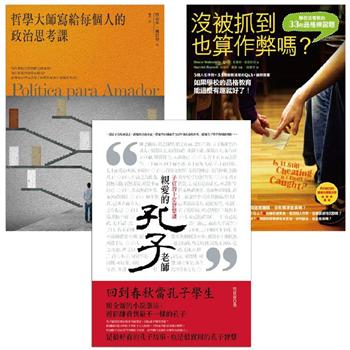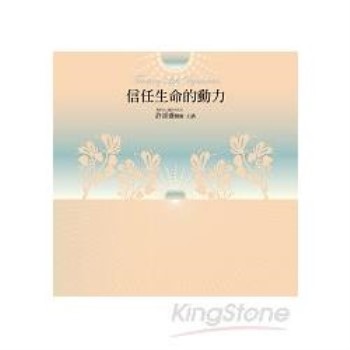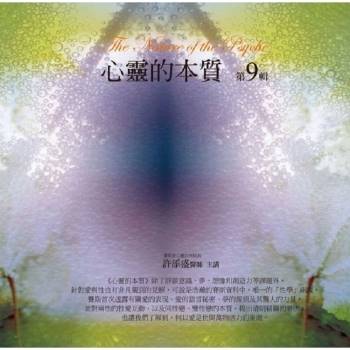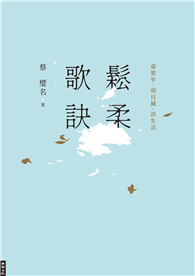How can research into culturally responsive and sustaining education (CRSE) inform and transform science teaching and learning? What approaches might teachers use to study CRSE in their classrooms? What are teachers learning from their research that might be transferable to other classrooms and schools?
In this practical resource, teacher researchers from the Culturally Responsive and Sustaining Education Professional Learning Group based in New York City provide insights for educators on how to address complex educational and sociocultural issues in the science classroom. Highlighting wide-ranging and complex problems such as the COVID-19 pandemic and racial injustice and how they affect individual science instruction settings, with a particular focus on urban and high-need school environments, chapters examine and describe what CRSE is and means for science teaching.
Through individual and collaborative research studies, chapters help readers understand various approaches to developing and implementing CRSE strategies in their classrooms and promote students’ identification with and affinity for science. Teachers describe the questions driving their investigations, data, and findings, and reflect on their roles as agents of change. Chapters also feature discussion and reflection questions, and include examples of assignments, protocols, and student work that teachers have piloted in their classes.
This book is ideal for pre-service and in-service science teachers and teacher educators across grade levels. It provides support for professional learning activities, as well as undergraduate and graduate teacher education courses. It may be particularly useful in science methods, multicultural education; and diversity, equity, and inclusion courses with a focus on CRSE. This book not only defines one group’s approach to CRSE in science education, but also takes the next step to show how CRSE can be applied directly to the science classroom.












